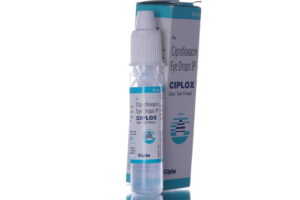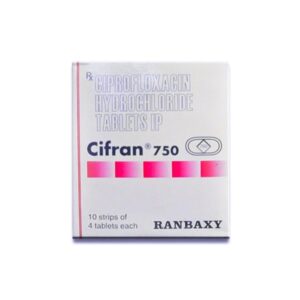What is this drug used for?
• It is used to treat eye infections.
Frequently reported side effects of this drug
• Change in taste
• Eye irritation
• Eye pain
Other side effects of this drug: Talk with your doctor right away if you have any of these signs of:
• Vision changes
• Eye or eyelid swelling
• Dizziness
• Passing out
• Fast heartbeat
• Abnormal heartbeat
• Sweating a lot
• Stevens-Johnson syndrome/toxic epidermal necrolysis like red, swollen, blistered, or peeling skin (with or without fever); red or irritated eyes; or sores in mouth, throat, nose, or eyes
• Signs of a significant reaction like wheezing; chest tightness; fever; itching; bad cough; blue skin color; seizures; or swelling of face, lips, tongue, or throat.
Note:
This is not a comprehensive list of all side effects. Talk to your doctor if you have questions.
Dosage form specific issues:
• Appropriate use: For topical ophthalmic use only. Do not inject ophthalmic solution subconjunctivally or introduce directly into the anterior chamber of the eye (may cause corneal endothelial cell injury).
Storage and Stability
Store between 15°C to 25°C (59°F to 77°F); protect from freezing.
Central nervous system: Headache
Endocrine & metabolic: Chemosis
Gastrointestinal: Dysgeusia
Ophthalmic: Conjunctival hemorrhage, conjunctival irritation, conjunctivitis (worsening), decreased visual acuity, dry eye syndrome, eye discharge, eye irritation, eye pain, eye redness, eyelid edema, increased lacrimation, keratitis, papillary conjunctivitis
Rare but important or life-threatening: Anaphylaxis, angioedema (including facial edema, oral edema, pharyngeal edema), blepharitis, blurred vision, dyspnea, eye pruritus, hypersensitivity reaction (including allergic dermatitis, eye allergy), nausea, Stevens-Johnson syndrome, swelling of eye (including corneal edema, conjunctival edema)
–




